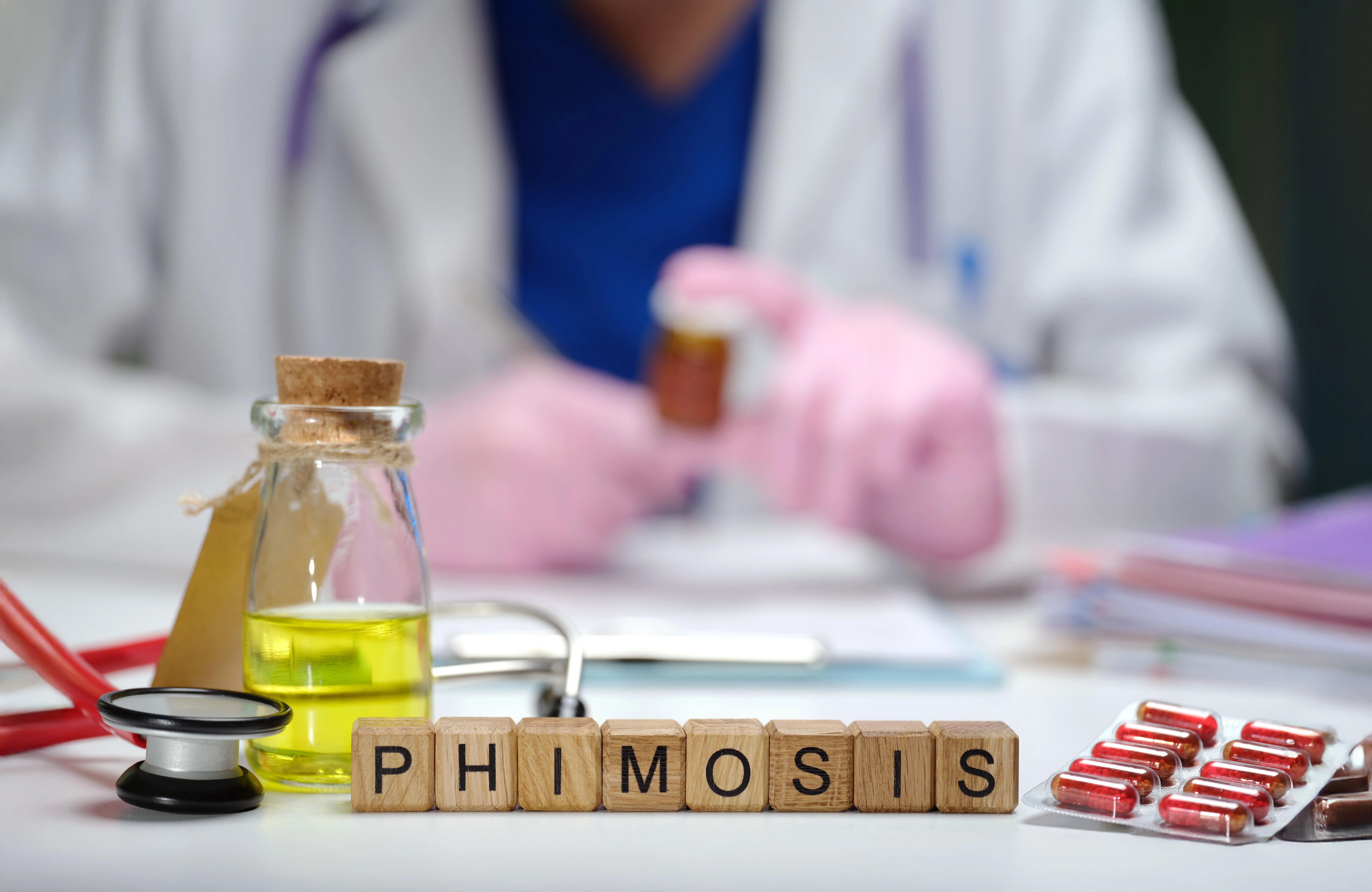IBS Dietary Recommendations for Patients
know about irritable bowel syndrome, dietary recommendations in detail and the lifestyle tips for managing IBS.

Written by Dr. Vasanthasree Nair
Reviewed by Dr. Dhankecha Mayank Dineshbhai MBBS
Last updated on 13th Jan, 2026

Introduction
Living with Irritable Bowel Syndrome (IBS) can be challenging, especially when it comes to managing symptoms through diet. The right food choices can make a big difference in reducing discomfort and improving your quality of life. This article will guide you through simple, effective dietary recommendations to help manage IBS symptoms.
Understanding IBS and Its Symptoms
IBS is a common digestive disorder that affects the large intestine. Symptoms vary from person to person but often include:
Abdominal pain or cramping
Bloating and gas
Diarrhoea, constipation, or both (alternating)
Mucus in stool
While the exact cause of IBS is unknown, factors like gut sensitivity, stress, infections, and food intolerances can trigger symptoms.
Consult a Top gastroenterologist for the best advice
Dietary Recommendations for IBS
Diet plays a crucial role in managing IBS. Here are some key recommendations:
1. Follow a Low-FODMAP Diet (Temporarily)
FODMAPs (Fermentable Oligosaccharides, Disaccharides, Monosaccharides, and Polyols) are certain types of carbohydrates that can trigger IBS symptoms.
A low-FODMAP diet involves avoiding high-FODMAP foods for a few weeks and then gradually reintroducing them to identify triggers.
High-FODMAP foods to avoid initially:
Fruits: Apples, pears, mangoes, watermelon
Vegetables: Onions, garlic, cauliflower, mushrooms
Dairy: Milk, soft cheeses, yoghurt (if lactose intolerant)
Grains: Wheat, rye
Legumes: Beans, lentils, chickpeas
Low-FODMAP alternatives:
Fruits: Bananas, blueberries, oranges
Vegetables: Carrots, zucchini, spinach
Dairy alternatives: Lactose-free milk, almond milk
Grains: Rice, quinoa, oats
2. Eat Smaller, Frequent Meals
Large meals can overwhelm the digestive system and worsen IBS symptoms. Instead, try eating smaller portions 4-5 times a day to ease digestion.
3. Stay Hydrated
Drinking enough water helps prevent constipation and supports digestion. Aim for 8-10 glasses daily, but avoid carbonated drinks that can cause bloating.
4. Increase Fibre Intake (Carefully)
Fibre helps regulate bowel movements, but too much can worsen bloating.
For diarrhoea: Try soluble fibre (oats, bananas, applesauce).
For constipation: Gradually increase insoluble fibre (whole grains, leafy greens).
5. Limit Trigger Foods
Common IBS triggers include:
Caffeine (coffee, tea, soda)
Spicy foods
Fried and fatty foods
Artificial sweeteners (sorbitol, xylitol)
6. Probiotics for Gut Health
Probiotics found in yoghurt, kefir, or supplements may help balance gut bacteria and reduce IBS symptoms.
Lifestyle Tips for Managing IBS
Exercise regularly (walking, yoga) to improve digestion.
Manage stress through meditation or deep breathing.
Keep a food diary to track triggers.
When to Seek Medical Help?
If dietary changes don’t help, or if you experience weight loss, blood in stool, or severe pain, consult a doctor.
Final Thoughts
Managing IBS through diet requires patience and experimentation. By following these recommendations, you can take control of your symptoms and improve your digestive health. Remember, small changes can make a big difference!
Consult a Top gastroenterologist for the best advice
Consult a Top gastroenterologist for the best advice

Dr Bhargav Vuppumalla
General Physician/ Internal Medicine Specialist
5 Years • MBBS MD GENERAL MEDICINE
Bengaluru
Apollo Medical Center, Marathahalli, Bengaluru

Dr Harish K C
Gastroenterology/gi Medicine Specialist
15 Years • MBBS MD DM MRCP(UK) (SCE-Gastroenterology and Hepatology)
Bangalore
Manipal Hospital, Bangalore

Dr Harish K C
Gastroenterology/gi Medicine Specialist
15 Years • MBBS MD DM MRCP(UK) (SCE-Gastroenterology and Hepatology)
Bengaluru
Apollo Hospitals Bannerghatta Road, Bengaluru

Dr. Shivaraj Afzalpurkar
Gastroenterology/gi Medicine Specialist
13 Years • MBBS, MD General medicine (Gold medalist), DrNB (Gastroenterology), MNAMS
Bengaluru
Apollo Clinic, JP nagar, Bengaluru

Dr Rohit Sureka
Gastroenterology/gi Medicine Specialist
15 Years • MBBS, DNB General Medicine, DNB Gastroenterology
Jaipur
Apollo 247 virtual - Rajasthan, Jaipur




